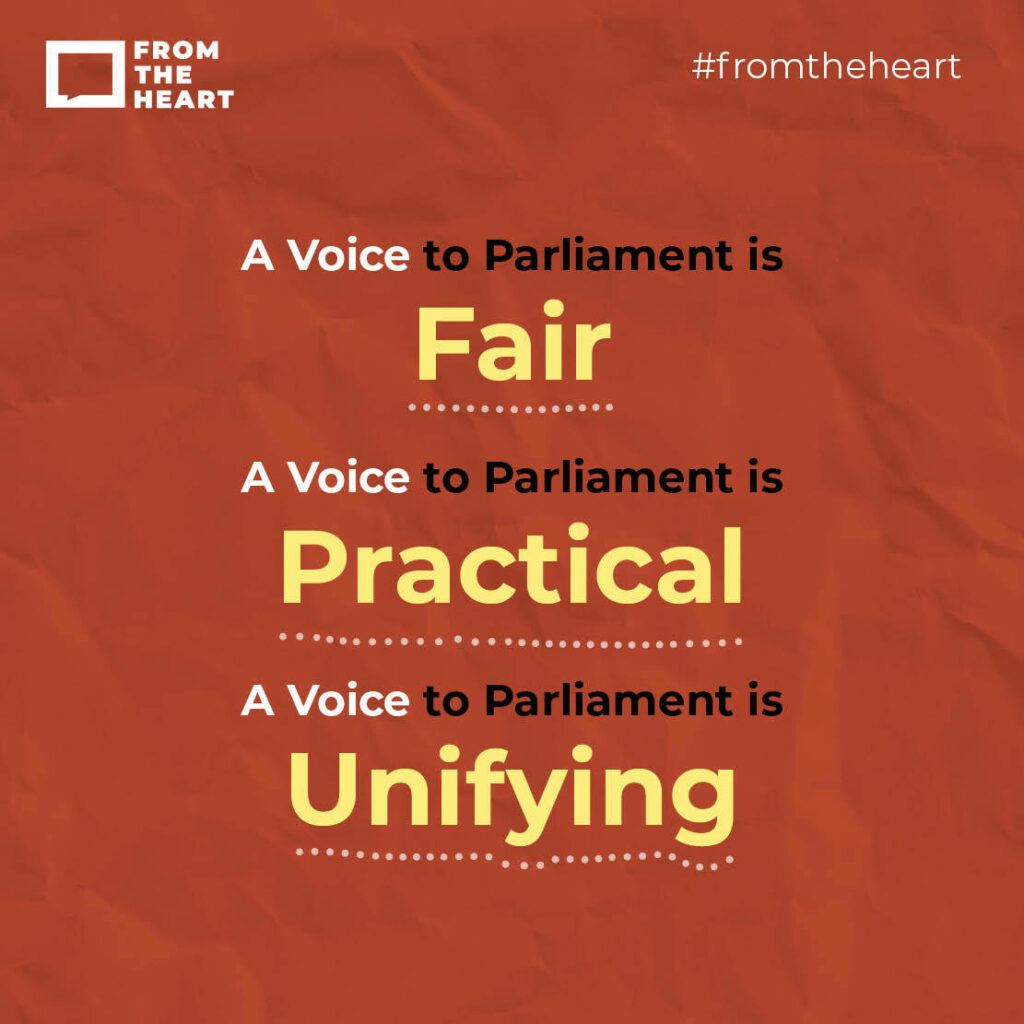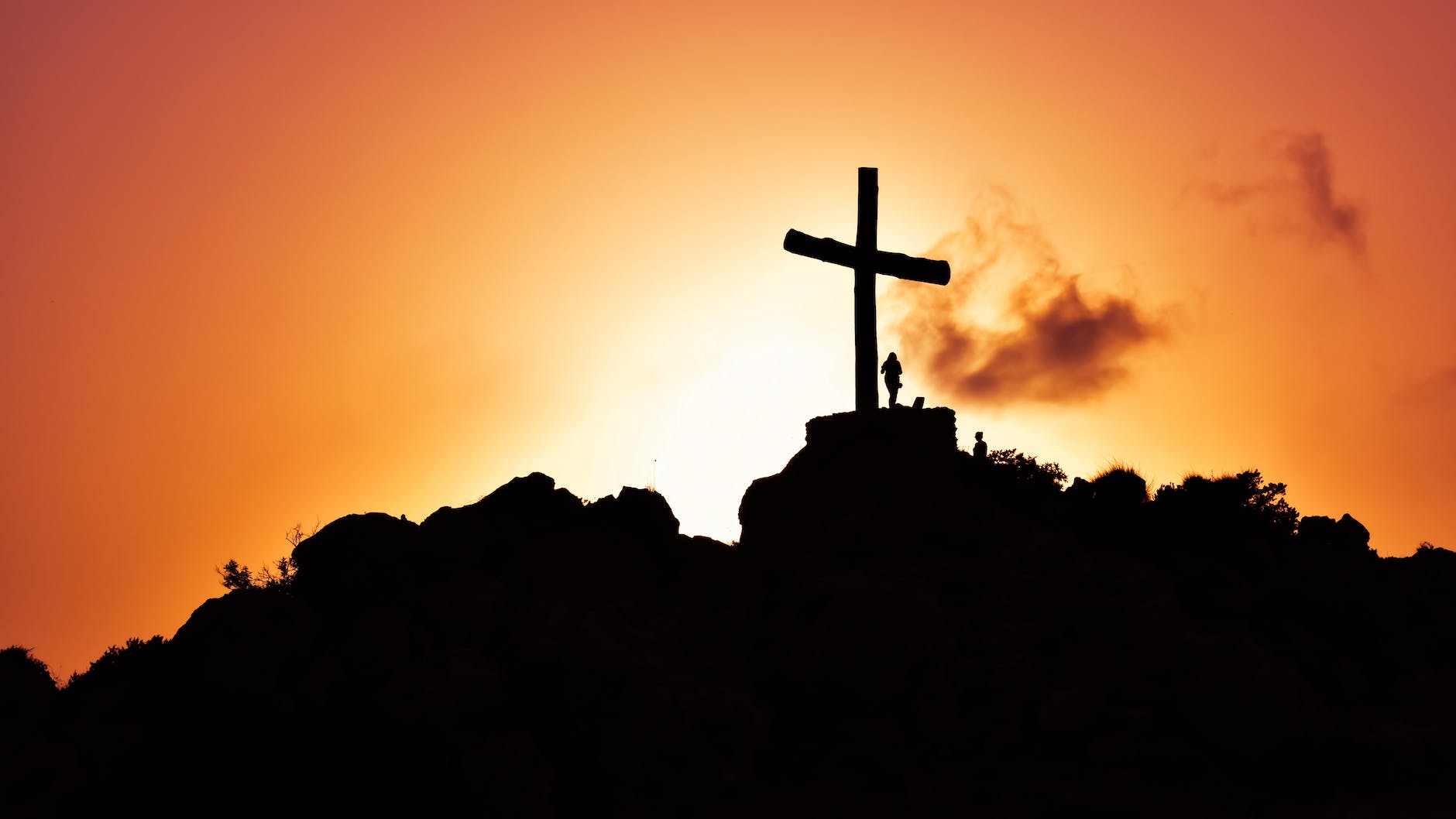
Religion: What Is It Good For?
This is an article for those who may have been indoctrinated by religious belief and yet, remain unsure of its veracity. Religion: What is it good for? The prevalence of schools, run by religions, perpetuate the ideas and stories underpinning their doctrines, despite centuries of scientific evidence discrediting them. I have spent a decade studying ancient history and examining the absence of historiographical evidence in any of the Christian, Islamic, and Jewish holy texts. These religions have survived via indoctrination of the young in their schools, churches, mosques, temples, and in family homes. If you tell children stories repeatedly and chant, sing, and pray words in rote learning- you are indoctrinating vulnerable minds to a particular way of thinking. People get upset about things like cults brainwashing their adherents but Christianity is a cult, as are all religions. Cult means ‘a system of religious veneration and devotion directed toward a particular figure or object.’

The Religious Cult & Its Indoctrination of the Vulnerable
It matters little about whether the focus of the cult was an ideal person or thing because it is the system of veneration that takes over and assumes precedence in the life of the devotee. It is never actually about a question of whether God exists because religions only ever deal with human beings. They are run by human beings in the management of other human beings. It is a furphy to direct any inquiry about religion into the nature and existence of its object of veneration. God is a smokescreen for the very human operation occurring on the human plane.
“The primary goal of sincere Christian parents is to pass on their faith, not help their child develop critical thinking to make a fully informed decision about religion. Christians do not present their offspring with literature on all the religions of the world and make field trips to temples, churches and mosques to help them decide. Yet in their theology they claim that “accepting Jesus” is a personal choice of free will and only those who reject God’s free gift of salvation will go to hell. The fact that parents go along with churches inducting toddlers into the belief system and programs for preverbal children are readily available only indicates the depth of internalized fear and anxiety that would ignore such a blatant contradiction.”

Religious Belief & Systems Of Veneration
Religion: What is it good for? It is very good at indoctrinating adherents into systems of belief and veneration. Belief or faith in a set of shared values can be a very powerful thing. Early Christianity is marked by martyrs, those who died for their faith, and these individuals are lauded via sainthoods. What is not taught at schools is that early Christians fought ferociously among themselves over the establishment of a doctrine. Those in the losing camp were often exiled and/or executed. The persecution of early Christians by Roman Emperors Like Trajan and Nero is well documented and widely dispersed online but the bitter in-fighting amid bishops and their competing doctrines is not well served by search engines like Google. Many people ignore the importance of history and are blind to the fact that whoever controls what gets written down sets the narrative for our understanding of our selves. Religions are organisations and there are always power struggles within them for the control over the group. Islam has been similarly riven with murderous battles for power and control of the narrative. When you think about all these adherents bowing down and following orders you can understand the power for those pulling the strings.

Religious History Matters
Today, we live in a modern world and that all happened a long time ago. What is the relevance? Beliefs, like religions themselves, adapt to changing landscapes and circumstances. The Bible itself is split into two testaments, the old and the new. The Old Testament was lifted from Judaism to honour the fact that Jesus came from a Jewish background. Judaism is the much older religion and when creating a new religion it lends credence to fortify it with a well established holy text. Islam, being the youngest of the three Abrahamic religions, did the same by borrowing various prophets from the Judaic tradition and giving a few prominent Christians a go as well in their holy text. You could say that all three were created like an intricate web of lies or storytelling to fashion something powerful for the semitic cultures at the heart of them. You see, stories about all powerful supernatural entities backing a particular race of people like the Jews provides plenty of chutzpah or self-esteem. If the Jews had Jehovah, then, the Arabs needed their own Allah to even the score. Christianity was more of an adaptation of the Jewish cult, a morphing into a lite version without the nasty circumcision, which was grafted onto the Roman Empire and strongly appealed to freed slaves and women who had felt estranged from the traditional pagan state gods. The Roman Empire was in serious decline in the west and may have been clutching at straws when Constantine and his mother, Helena, converted.
Religions have strong connections to kings and their armies. Constantine was fighting other contenders for his place as Augustus of the Roman Empire, which had been split into eastern and western dominions. Soldiers like to believe they have God on their side when risking their lives in battle. Indeed, any superstitious advantage can be telling on the battlefield, which was where Constantine, according to the story, picked up the cult of the Nazarene and ran with it to victory. This in a circuitous fashion was the beginning of what would become the Holy Roman Empire and eventually morph into the Roman Catholic Church. Obviously, it is much more complex than this but the outcome was the same. Constantinople, now Istanbul, would become the citadel at the heart of the Eastern Roman Empire. It would morph into the Byzantine Empire and the Orthodox Catholic Church or Eastern Orthodoxy remains the dominant form of Christianity in this neck of the woods. The ongoing split between east and west in our own times was first fortified by the divide within the Roman Empire and in the Christian world.
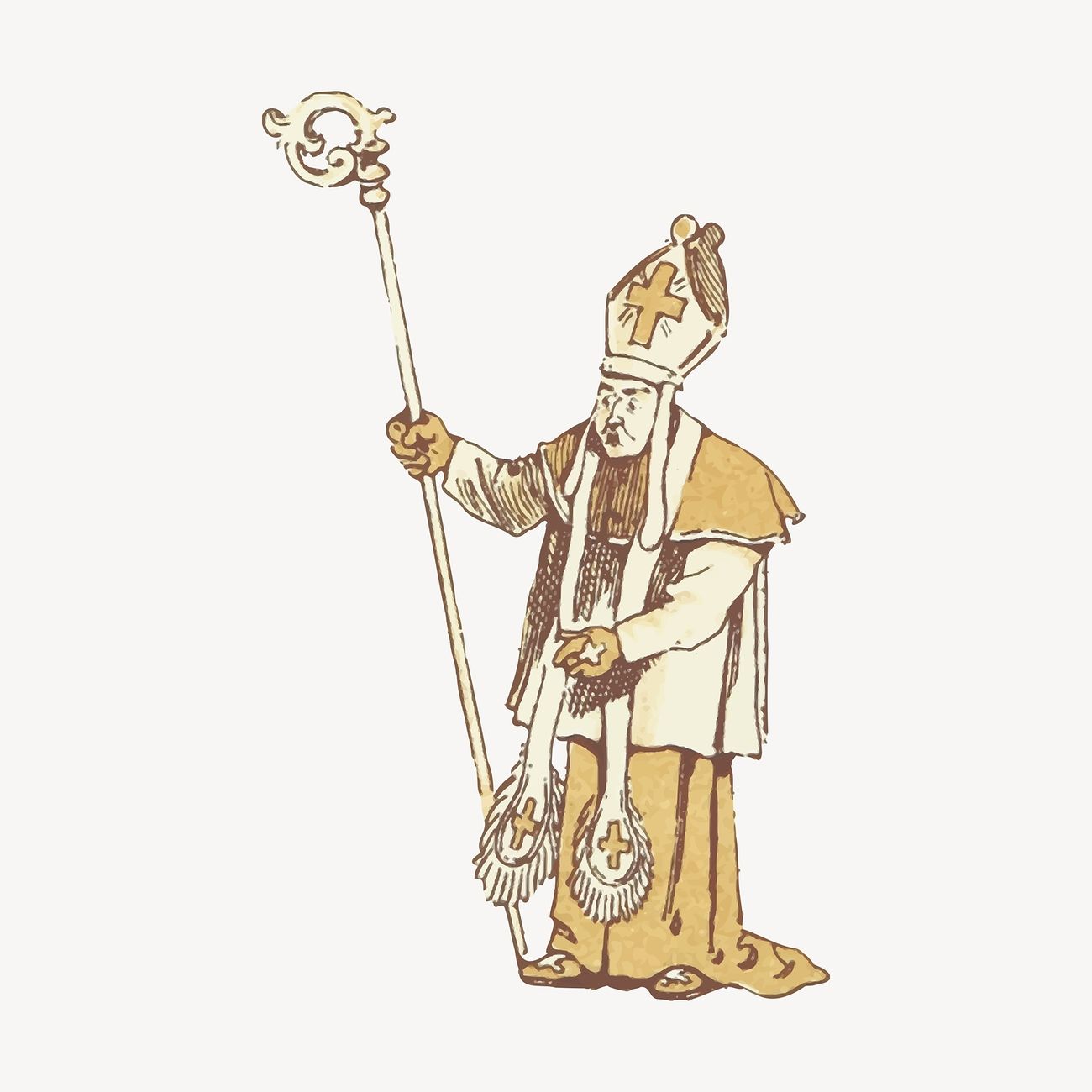
Religion: What is it good for? As we have seen it is good for organising people and corralling them into somewhat predictable behaviours. Kings are endowered with divine backing though the religious beliefs of their subjects. Soldiers are inspired to strive for victories in battles when believing that God is on their side. Even today, you will see army chaplains blessing infantry before they go into battle proffering that self-same message to the troops.
Belief in God is heightened when death is sniffing around human beings. Old people often return to the church when their time is near.
Religions like Christianity, Islam, and Judaism claim that their systems of belief and veneration help establish a strong moral code for adherents to follow. Thou shall not kill, or rather, murder, is the better translation for this commandment. It is important because there was plenty of killing going on in the Old Testament and God was on their side, apparently. Lots of smiting opponents. You have to remember that this text purports to document stuff that was happening in the Bronze Age, some 4 millennia ago. In actual fact, the accounts were written down centuries after and hazy recollections and exaggerated fictitious imaginings are served with plenty of sauce. Everything is imagined way bigger than the archaeological evidence tells us actually occurred. I suppose the thinking was if you are going to go to the trouble and expense of writing all this stuff down (and it was very expensive to do so back then) why not pull out all the stops and make it an extravaganza par excellence. Religions are like that, or at least those in the scribe department are, when it comes to recording history- don’t let the facts get in the way of a bloody good story.

I firmly believe that religions were the forerunners of the marketing department, where marketing got its start.
Selling a belief in an all powerful but largely invisible supernatural entity was the brief for these early marketing executives within the church. Miracles are the perfect example of what the public eats up without any real scrutiny. I mean human beings really want this stuff to be true! These folks are desperate to believe in something magical and outside their normal terms of reference. People dying and coming back to life – when has that happened before. That’s okay he was super special. These were some of the things that the early church bitterly fought over and that bishops died over in the establishment of the accepted Christian doctrine. The Nicene Creed was one of several hard fought church agreements regarding their defining beliefs. It is where Jesus got bumped up to become the son of God, a heady posthumous promotion for the humble son of a carpenter. More recent historiographical research questions the very existence of Jesus of Nazareth and can find no incontrovertible proof of his historical existence. The documentation is all hearsay and there are no verifiable primary sources. So much of Christianity is made up, why not make up the figure at the centre of it. Cults are not really about the object of veneration but the systems of veneration and belief. Cult figures do not make themselves the object of attraction and veneration, it is always others. St Paul has driven the Christ cult through his life and writings more than most in the Christian tradition. Saul of Tarsus lived in the century after the life of the Jesus and claimed to have been involved in the murder of an early Christian prior to his own conversion. Paul or Saul was, obviously, an extremely passionate guy.
“Cult of personality – exaggerated devotion to a charismatic political, religious, or other leader, often fomented by authoritarian figures or regimes as a means of maintaining their power.”
Joseph Stalin, Adolf Hitler, Jim Jones, David Koresh, the Ayatollah Khomeini, Donald Trump, and the list could go on and on. Figureheads and leaders who inspire loyalty, even, in the face of conflicting evidence about their character and morality.
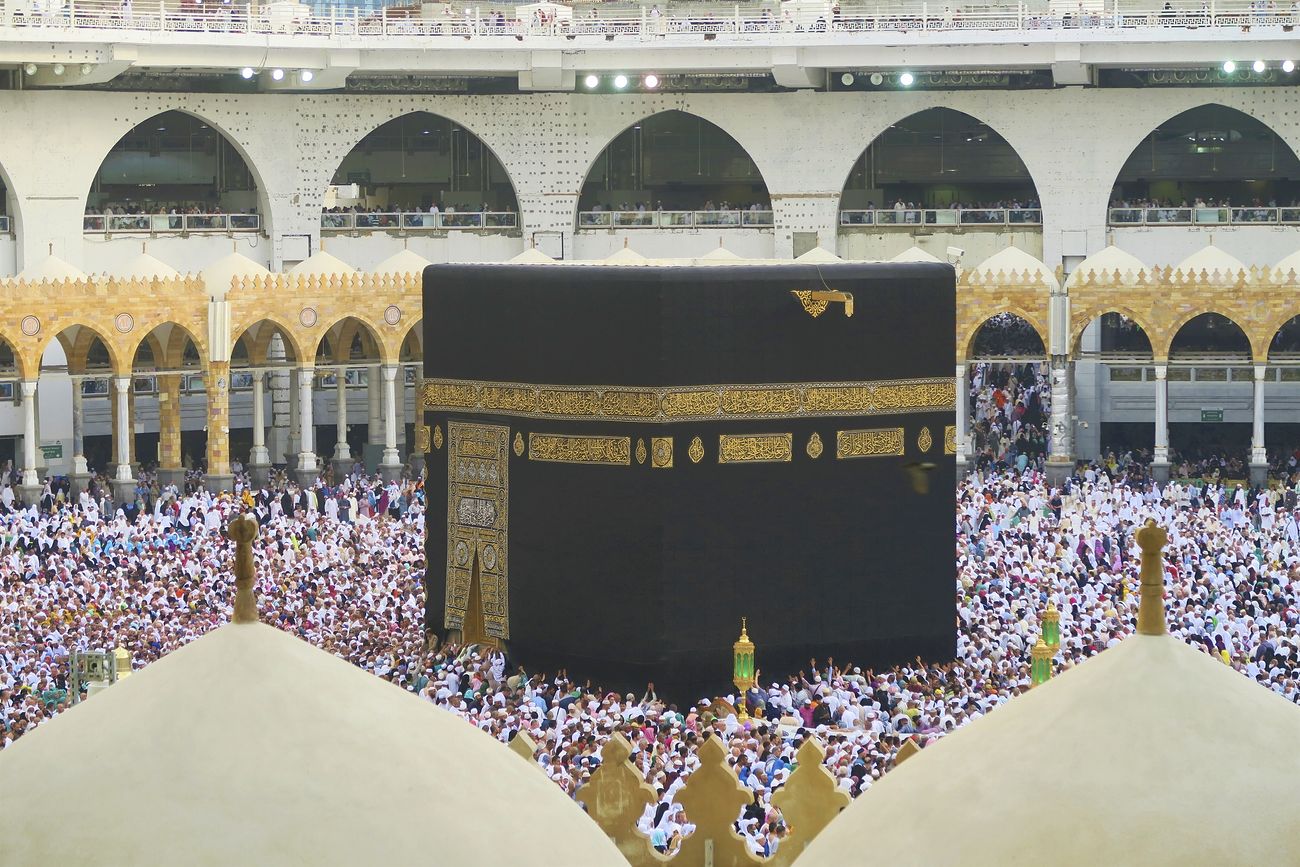
Causes and crusades are very attractive to human beings who want black and white certainties in their lives. The fact that most things fall under shades of grey and are almost always far more complex than first appear makes life more challenging. Religious doctrines seek to define moral codes on the basis of divine interpretation. Unfortunately, their Gods do not speak independently but only through the mouths of their followers and hierarchy of priests. There are no words of Jesus only stories purporting to recount his life written centuries after the fact by unknown sources. To decipher religions you have to cut through the assumptions built up over hundreds and hundreds of years. The fact that something is relatively antique does not automatically confer truth upon its messages or texts. It just makes it old in the temporal sense of modern humanity. Lies and made up stories are still lies and fictions whether they have been around for a relatively long time or not.
If you tell a young child that a man who lived a long time ago was the son of God and went around performing miracles you are perpetuating a belief in untruths and a fairy tale. This immediately sets up a dichotomy between reality and this indoctrinated outlier from truth. The fact that nothing like this occurs in the life of the child is a confusing state of affairs. Belief in fantastic tales does not augur well for this individual going forward into their adult life. I have long posited that the relatively high levels of recreational drug use and addiction in the west is related to the confusion created in a society that is run on scientific evidential principles but, also, maintains belief in invisible supernatural entities as personal Gods. WTF?
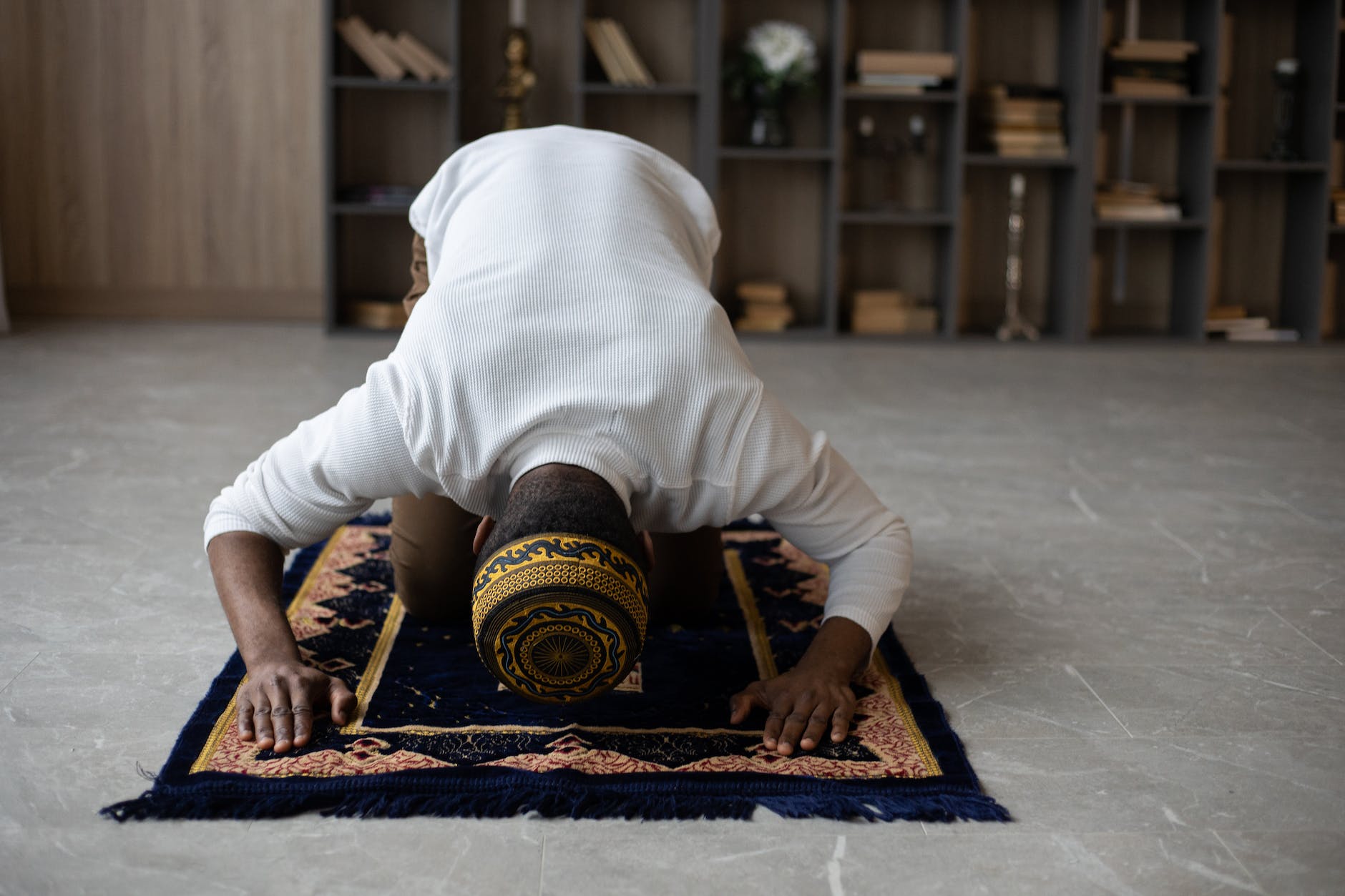
Every religion has its own take on what is moral and what is not. Every believer has their own idea about who their God is. The personal relationship with God makes for a fairly tenuous hold on established doctrines. God is a shifting conceptual entity capable of fitting in with human prejudices and cultural biases. White skinned American Christians believe in a blue eyed Jesus. Religion is a cultural phenomenon. In the modern world, people are picking the eyes out of the Christian canon – taking the palatable bits and ignoring the gristle and bone. It is a hodge podge of conditional love, condemnation, and obsolete advice from an arcane period. Confusion reigns supreme in the minds of many exposed to the Christian doctrine as children. The comfort factor may come into it for a while but beyond that the philosophical basis is questionable. Unless you are very backward looking it is hard to embrace the moral code of such a divisive institution. Women are condemned to secondary non-leadership roles. They, by virtue of their gender, are deemed unfit to minister to other human beings. This is in direct conflict with what is happening in the world in the twenty first century. Gay people and LGBTQI+ folk are abhorrent and wrong in every fibre of their being according to the established church in many denominations. The secular world is embracing the diversity inherent within communities and giving them opportunities instead of condemnation.
Religion: What is it good for? The moral code is obviously outdated and inappropriate for a twenty first century world. If the church has had the right answers about morality, why have paedophiles flocked to their ranks as priests, brothers, and ministers? Why has this sexual abuse of innocent children flourished under the auspices of organised religion for hundreds of years? Why have supposedly celibate Catholic priests maintained secret liaisons with women, having families hidden under shadows of sin to the detriment of their lives? These are not the odd bad apple but substantial numbers of committed Christians involved in life long deviant practices. The exposure of these crimes have rocked the western world and irrevocably damaged these religions and religious orders. The fact that the church hierarchies hid these crimes to avoid public scrutiny has, ultimately, only made things worse. Hundreds of thousands of victims have had their lives destroyed and many have taken their own lives. Where was God in all this? There are only human beings when you stop believing in fairies and miracles. Wipe the lies from your eyes and see the human beings. They may be wearing collars and robes but beneath they are very much men with appetites of the flesh.
Parents who encouraged their children into religion and religious schools have had their children sexually abused. They are complicit in facilitating these crimes. Encouraging children to believe in fairy tales and lies is putting them at risk of these foul perpetrators. The church has maintained the presence of these sexual predators, valuing their souls over the lives of their innocent victims. Again and again, we have seen this to be true in dioceses around the globe. Priests and brothers moved around within the church to avoid public opprobrium and criminal charges. Why would God wish his children and his church to be so damaged and so tainted? There are only human beings.

Religion: What is it good for? There have been goodly human beings in service to their brothers and sisters under the banner of religions. There are plenty of good human beings serving their fellow and sister folk outside of religions too. Health professionals and carers, public servants, and charitable aid workers to name a few vocational callings. You do not need to carry around an idea of a non-human perfect being with you to be inspired to do good things in the world. Indeed, this is a strange motivation to have when loving and caring for human beings. It sounds like an ulterior motive. Spiritual egoism perhaps? Doing good things to earn the necessary points to get into heaven? Religions have always had a negotiating dimension to them – a deal between human and God. Quid pro quo. Christians pray to their God. Muslims pray 5 times a day. Jews are supposed to pray 3 times a day. What is all this praying about? Deal making with supernatural entities? Who is the witness? God or the devotee? Is God watching you, to see if you are doing the righteous thing? Who was watching the paedophile priests, ministers, and brothers? Who was watching out for the children sexually abused by someone in a position of trust within the community?
Human beings must take responsibility for their actions. It is time to stop pretending that a benign personal God is looking down upon us. It is time to step out of the comfort zone of fairy tales and fictions. It is time to stand up and deal with your own moral compass. Put aside prayers to invisible supernatural entities. Speak to yourself and your own thoughts and actions. Step into the light and own your humanity. Be great, be vulnerable, be love, be yourself for God’s sake!
Robert Sudha Hamilton
©HouseTherapy

